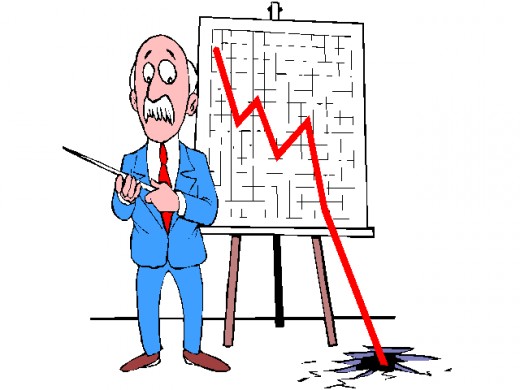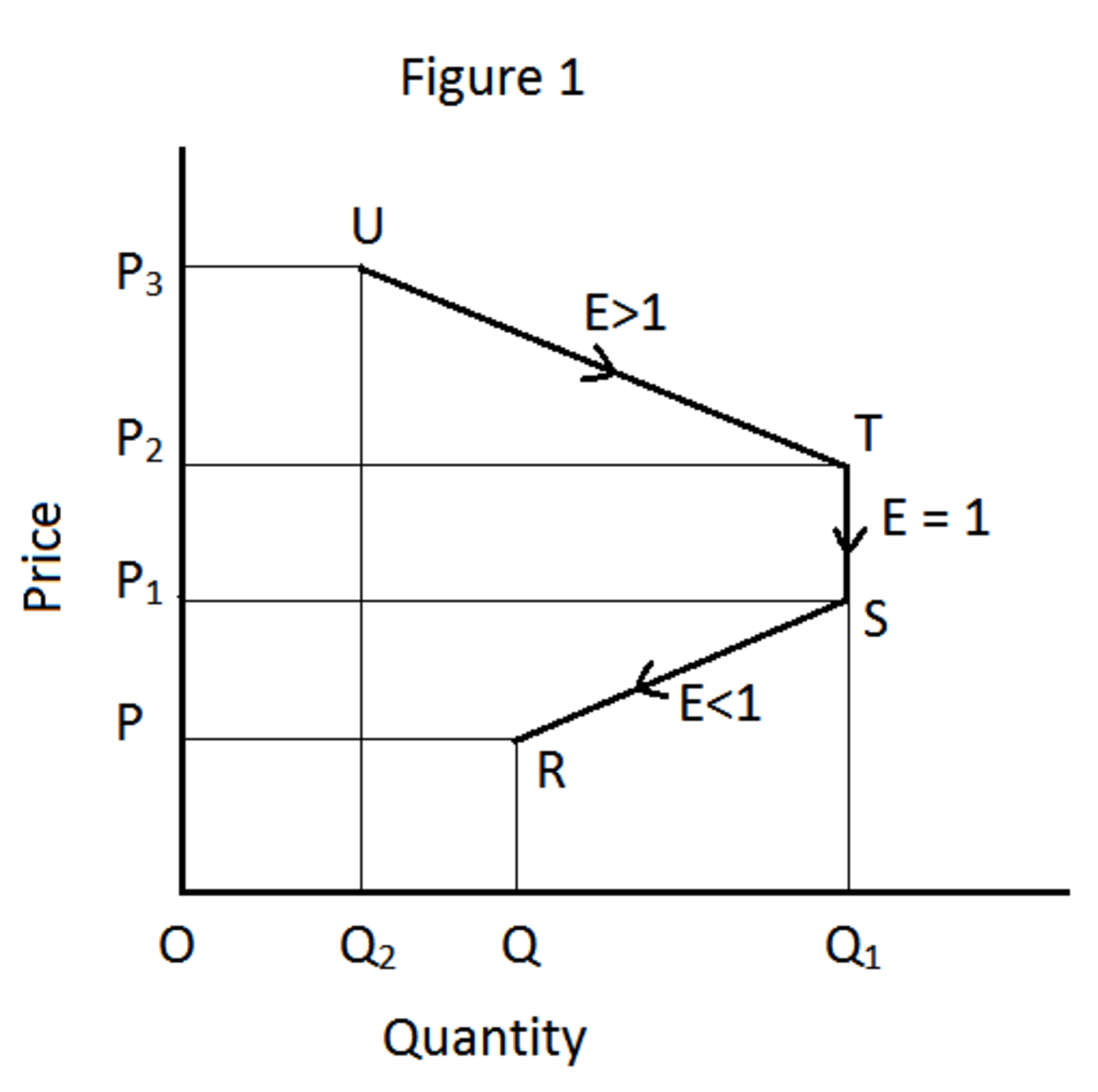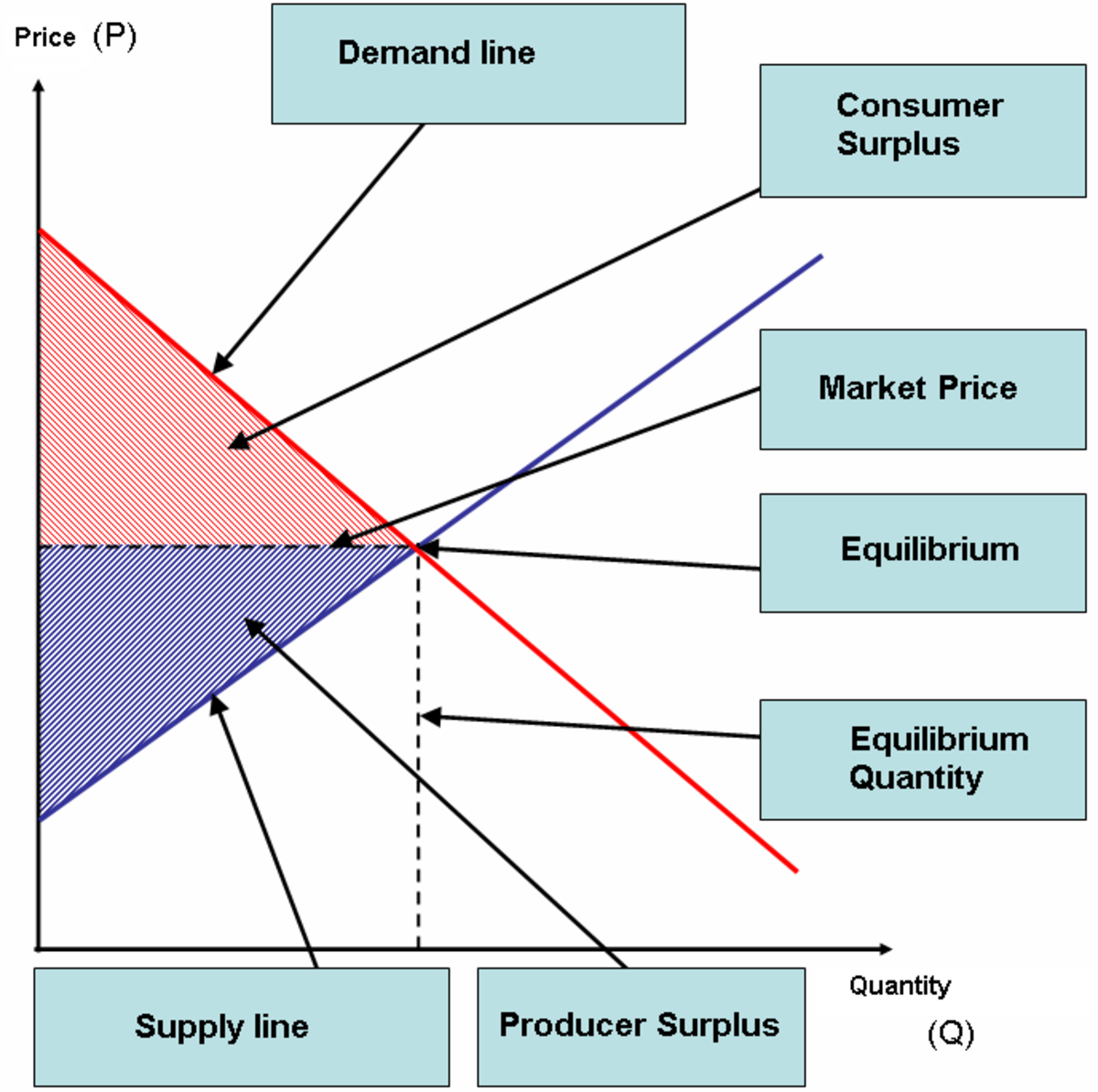Why Major in Economics

If you're reading this, you're probably considering a major in Economics, or are already pursuing it but having second thoughts. Having a degree in Economics is not only great for future career opportunities but also prepares you for the real world. You learn things about society, politics, business, and overall you get insight into the way the world functions, and why it functions that way. You get to learn about the governments role in business, along with private influences that form the global economy. What caused the recession? Why do my shoes cost this much? How can a country be in debt? To truly understand all of these questions, you need to have a firm foundation in economic theory. If you plan to start a successful business, or work at the core department of a large firm, it's also very beneficial to have a background with economics.
Economics and Math
I learned this the hard way as no one really told me and I wasn't clever enough to look into it. I always assumed Economics was just a study of trends in business with a bunch of graphs and world problems. I wasn't the best at math in High School, so when it Economics hit me with it in university I was completely caught off guard. The first few courses in Economics are fairly straightforward and pretty much just the graphs and word problems we all know about. Throw in a few concepts like supply, demand, and opportunity cost, and you're good for first year. However, the deeper you go into Economic theory, which really sets off as early as second year, you're bombarded with mathematical concepts. Economics applies Functions, Derivatives, Optimization, Integration, and a whole bunch of other concepts that are far beyond the realms of High School calculus or algebra.
Basically, if you want to be successful at economics, you need to be good at math. If you're not good, you need to practice; a lot. Not just math, but you need to be able to form equations from word problems and manipulate formulas and such. While it's not as rigorous as if you were actually a math major or an engineer or something, the concepts are certainly quite difficult to apply. For some people, math just comes naturally to them. They understand mathematical concepts right away so applying them is easy. But those people may have trouble with Economic Theory itself.
Economic Theory
Economic Theory revolves around changes in supply/demand, consumption/production, and general behavior in response to external and internal influences. Basically, there are two major areas that economics is split into: Microeconomics and Macroeconomics. Microeconomics is based on individuals and business and deal with things on a smaller scale. Macroeconomics is more about the global economy and involves taxes, trade, inflation, etc... If you find the theory interesting, then you can really go far in economics. Really, interest is key. If you're not interested, you probably won't bother to understand the logic behind the theory and memorizing simply won't do. Economic theory is beyond business and marketing decisions and goes right to the numbers. As time goes on, economic theory is getting more and more accurate as there are more numbers to back things up. In a sense, you can look at it as a game. In fact, there's even a something called Game Theory in economics which I won't get into but is probably one of the most interesting concepts to learn.

What Can You Do With an Economics Degree?
Ah, now the good stuff. Economics is a very broad major, as such, it's easy to work in a wide variety of fields. You can work for any corporation really; they all require people with such knowledge for marketing, finance management, human resources, etc... There's also lots of room for promotion with any corporate job you get and so many opportunities. Most people who major in economics have to have a discipline on the side that may involve business, marketing, finance, or the like. Based on what specialization you took, you're more likely to land a job in that specific field; however it isn't entirely necessary. People who have economics degrees are usually so well-rounded that they can muster their skills to be useful for various corporate positions. There's also the chance you'll land a government job, or a teaching job.
If you're a people person, you can choose to work on a more people oriented field where you prepare business plans, presentations, and/or have to work with a team. You can have fun on the job and work at your own pace while constantly learning and acquiring new skills. At the same time there are many jobs that you can do independently if you like the traditional office job with standard hours, such as finance, or statistical analysis, etc... For more info about what you can do with an economics degree, visit this site.
How's the Job Market?
The job market for those who hold economics and other business related degrees is, especially at this point in time, flourishing. After the recession many corporations and the government are all re-structuring their sectors and require economic insight now more than ever. And the thing is, economics will always be important. The job market will always be open, and newer graduates will always be needed as the fast-paced business world is ever-changing. This is one field where you don't really need to worry about getting a job afterwards. Sure, there's a lot of competition, but at the same time there are a lot of openings as well.
Needless to say, with an Economics degree you're more likely to get an entry-level job than most any other degree. Since it varies for region I can't say for sure, but I've read that around 80% of Economics graduates get a related job within their first year after graduating in North America. It helps a lot if you network and put yourself out there. I also remember reading on a few sites back when I was starting college that most Economics majors start on a anywhere between $50-60 thousand salary, going up to a 6 figure income as early as 10 years.
So really, whether you're genuinely interested or just don't have any other majors in mind, Economics is good. It's broad enough to interest you at some level, and not excruciatingly difficult as long as you work at it; though the same can be said for any university program. The job market is good, and the pay is good, and even if later on you find a job unrelated to the major, it's always good real-world knowledge to have.









